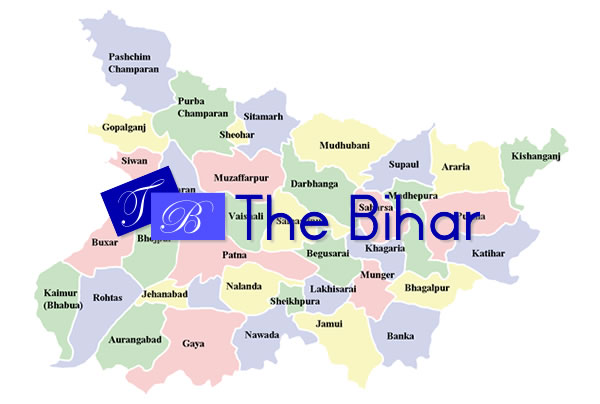BJP-JD(U) rift signals imminent danger for Nitish Kumar; Bihar CM at risk of becoming a political has-been
3 min read‘Bihar mein bahar hai, phir se Nitish Kumar hai’. There was a time not so long when this slogan resonated in every corner of the state. When Kumar became chief minister in 2015, dreams of bahar (spring, bloom) in Bihar were replaced by slogans of ‘Delhi mein bahar ho, Nitish Kumar ho’. Both these slogans now sound like jokes, one of them on the man himself.
For, instead of bahar, there is now gloom in Bihar. And, instead of being a contender for the top job in Delhi, Kumar is now in danger of losing Bihar and his own political equity. From somebody who could have been a lot, he is faced with the prospect of becoming a has-been.
As this report in The Indian Express points out, there have been 200 incidents of communal tension in Bihar since Kumar returned to the NDA after breaking the alliance with the RJD and Congress. The state is burning under his watch as fake news, videos and right-wing propaganda create fertile grounds for riots and communal tension.
Kumar always took pride in being Sushashan Babu of Indian politics. In the runup to the 2015 Assembly elections, he went door-to-door for votes, citing his administrative skills. That image, after the spate of violence, is now shredded. As communal clashes become a norm in Bihar— there have already been 67 this year — Kumar appears to be a lame duck chief minister who has lost control of the narrative.
Kumar’s original problem was that he was a leader without a party. In a caste-driven state, except for Kurmis, he was not identified with any caste or group. But, he overcame this problem by finding allies with committed vote banks and cadre, swinging from one end of the political spectrum to the other, divorcing, remarrying at whim.
But, perhaps success and ambition blinded him to the fact that without a solid base of his own, Kumar is always an easy target. He forgot that once the allies withdraw support — and with that the support base — his politics would be in danger. And that’s exactly what seems to be happening.
The BJP, it is evident, is looking at Bihar as its next frontier. It is dreaming of winning the state on its own, making Kumar redundant. With this objective in mind, it is carving out its own territory through its tested technique of polarisation. This has left Kumar stranded in the middle, with the BJP vying for the Hindutva vote and a resurgent RJD and its allies vying for the secular vote.
Kumar, who was voted to power by both minorities and large sections of Dalits, is in danger of losing their support, as results of the recent bypolls in Araria and Jahanabad point out.
It is not difficult to predict the future of Bihar’s politics. In the next election, the BJP and the RJD would be the main adversaries, pitted against each other at opposite ends of caste and communal divides. Kumar, neither a pucca Hindutva-wadi nor a committed “secular”, would be squeezed by the two heavyweights. He will either play a supporting role or watch his voters join one of the other two camps.
That Kumar is a bit jittery is evident from his jugalbandi (tie-up) with Ram Vilas Paswan. A few days ago, Paswan raised an alarm in the NDA when he asked for urgent course correction on the issue of minorities and Dalits. He argued that the BJP is still perceived as anti-minority and anti-Dalit. Kumar echoed Paswan’s sentiments almost immediately.
Leaders who destroy their own legacy always end up losers. We have the recent example of Delhi chief minister Arvind Kejriwal, who, after claiming to be an activist, a courageous crusader, has turned into a Machiavellian character willing to do anything for power, including the pitiable act of grovelling for pardon and mercy. He seems to have forgotten that the principles he is abandoning for power will return to haunt him for the rest of his life.
Kumar, similarly, has destroyed his own legacy. He doesn’t realise that he is in danger of losing the trust of those who voted for the man who claimed to be the harbinger of spring, a paradigm of good governance, a crusader for secularism and an idealist with principles. Today, he is a walking contradiction of his own image. What started with visions of bloom in Bihar and Delhi is turning into a sorry tale of gloom and doom.
Courtesy: FirstPost


